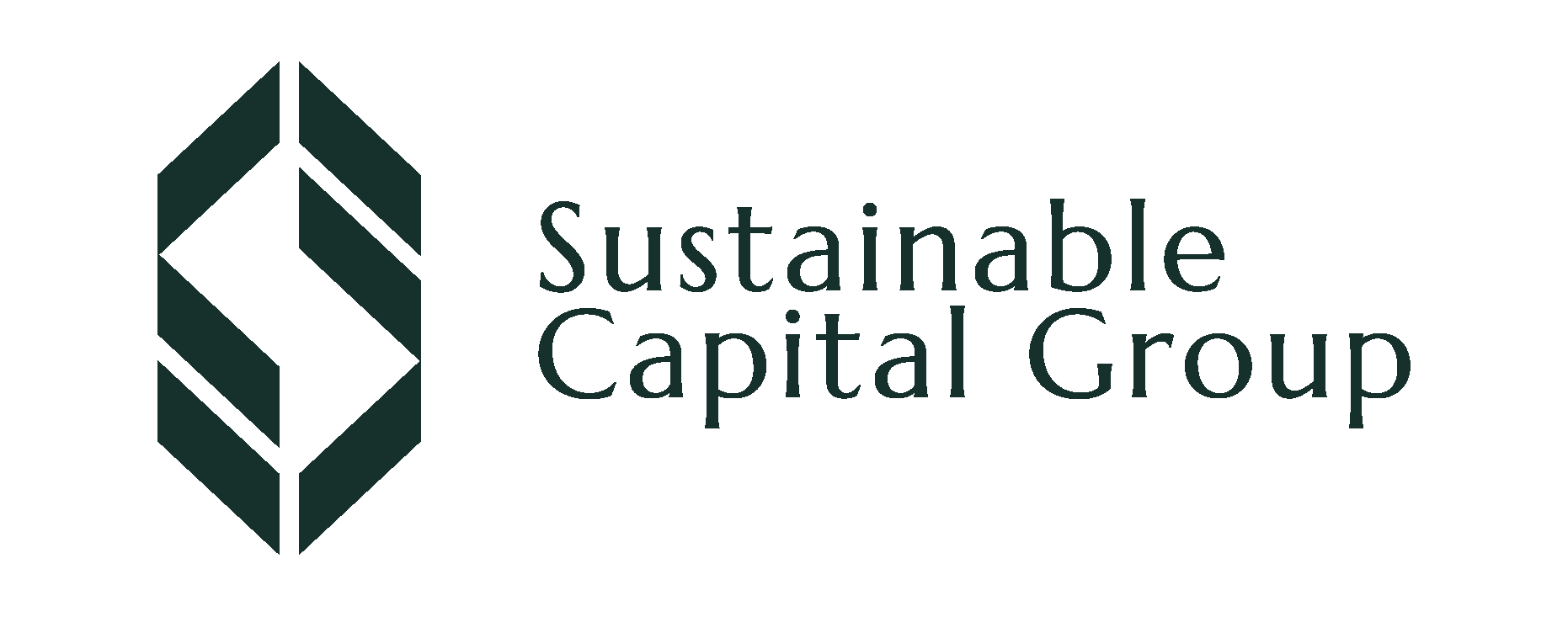Reuters points out, in their article, that Energy Transition is big business, requiring $5 trillion per year of new investment in energy and infrastructure. With AUM of over $121 trillion now signatory to the UN’s Principles for Responsible Investment, there is no lack of capital available.
In order to achieve the Six Principles of the PRI, one-third of PRI signatories have committed to divesting ‘brown‘ assets from their portfolios. Divestment is expedient and company ESG ratings benefit immediately, but it is not always the best option in terms of climate or investment goals.
Reuters cites two approaches, mining giant Anglo American, which divested it coal assets, and BHP, which is managing down its coal assets in line with its PRI commitments. Using Dong Energy as an example, the author argues that managing assets is both responsible, in terms of ESG and climate goals, and may ultimately be more profitable for shareholders. This understanding has spawned a new generation of ‘Transition’ funds, which support decarbonization strategies, including in real estate.
Transitioning Assets in Real Estate
Transitioning real estate is a critical path to achieving climate goals. Europe’s built environment accounts for 40% of energy consumption and 36% of CO2 emissions. With 75% of buildings in the EU not yet energy efficient, there is both challenge and opportunity for investors1.
But why transition real estate assets, when divesting into new green assets seems the easier choice? Environmental and commercial considerations are both at play.
Environmentally, transition is a clear winner over new development. Over 50% of a building’s lifetime carbon footprint is generated during construction, thus the built environment already holds a lot of embodied carbon. While low-carbon materials have the potential to reduce the carbon footprint of new construction, they can still be more costly and ultimately cannot offset the carbon embodied in the assets they are replacing. Furthermore, new construction may have a direct and significant impact on GHG Scope 1 and 3 reporting for European and International companies.
Commercially, there are a multitude of factors which can influence divestment v. transition decisions. Legislation is one factor. In the Netherlands all offices of 100m2 or more must have a minimum Energy Label C by January 1st 2023, and, in the UK, offices must be upgraded to EPC C by 2027, and EPC B by 2030 (mooted). With 60% or more of UK and European office space falling below EPC C, owners are faced with the decision to divest or transition assets in order to protect asset values against the Brown Discount.
The Brown Discount refers to a valuation gap between assets which fall above or below the minimum EPC ratings required by legislation. Though real estate is one of the most analysed asset classes, it is not clear whether the Brown Discount is yet to manifest. What is clear is that occupiers are willing to pay a Green Premium for assets with Outstanding ESG credentials, as identified by Knight Frank in the London office market2 and by Savills in Asian markets3.
As the timelines for EPC regulations draw nearer, it is expected that the Brown Discount will become pronounced. Divesting assets with Brown Discounts and replacing them with Green Premiums can be capital destructive, while transitioning Brown Discounted assets into Green Premium assets can provide new opportunities for asset owners and Value Add investors.
How Sustainable Capital Group (SCG) is helping the Real Estate Transition
In Europe and the UK, asset managers and investors are demanding ESG-compliant investment opportunities, and that’s where we operate. SCG is already helping asset owners preserve and create value by structuring Transition Strategies which are EU Taxonomy compliant and SFDR reported.
For example, in Europe, we are structuring and raising for a large Dutch residential strategy which transitions underutilised ‘brown’ office assets into a portfolio of 5,000 highly efficient ‘EPC A-rated’ mid-market rental units. The strategy targets Environmental and Social Sustainable Development Goals (SDGs).
Internationally, we are structuring UK-based assets under the EU Taxonomy and SFDR, in advance of the UK’s anticipated Taxonomy, and also facilitating European investment in UK opportunities. Our sponsor, a UK Plc asset manager, is embarking on an ambitious £500m Office Core+ / Energy Transition Strategy which targets ‘brown’ offices for Energy Transition, on top of standard Core+ improvements.
Climate change is the existential challenge of our era and active asset management through transition strategies helps to achieve the necessary environmental objectives, while offering ESG-focused financial opportunities to savvy investors.
Jay Henderson, Associate Partner Sustainable Capital Group
Article based on the article:
https://www.reuters.com/breakingviews/green-investors-need-get-their-hands-dirty-2022-06-22/
Sources:
- Renovation Wave Communication. European Commission
- Greenest buildings command office rent premiums. Knight Frank
https://www.knightfrank.com/research/article/2021-09-02-the-sustainability-series
- Is there a green premium, or a brown discount? Savills
https://www.savills.com/prospects/themes-is-there-a-green-premium-or-a-brown-discount.html







